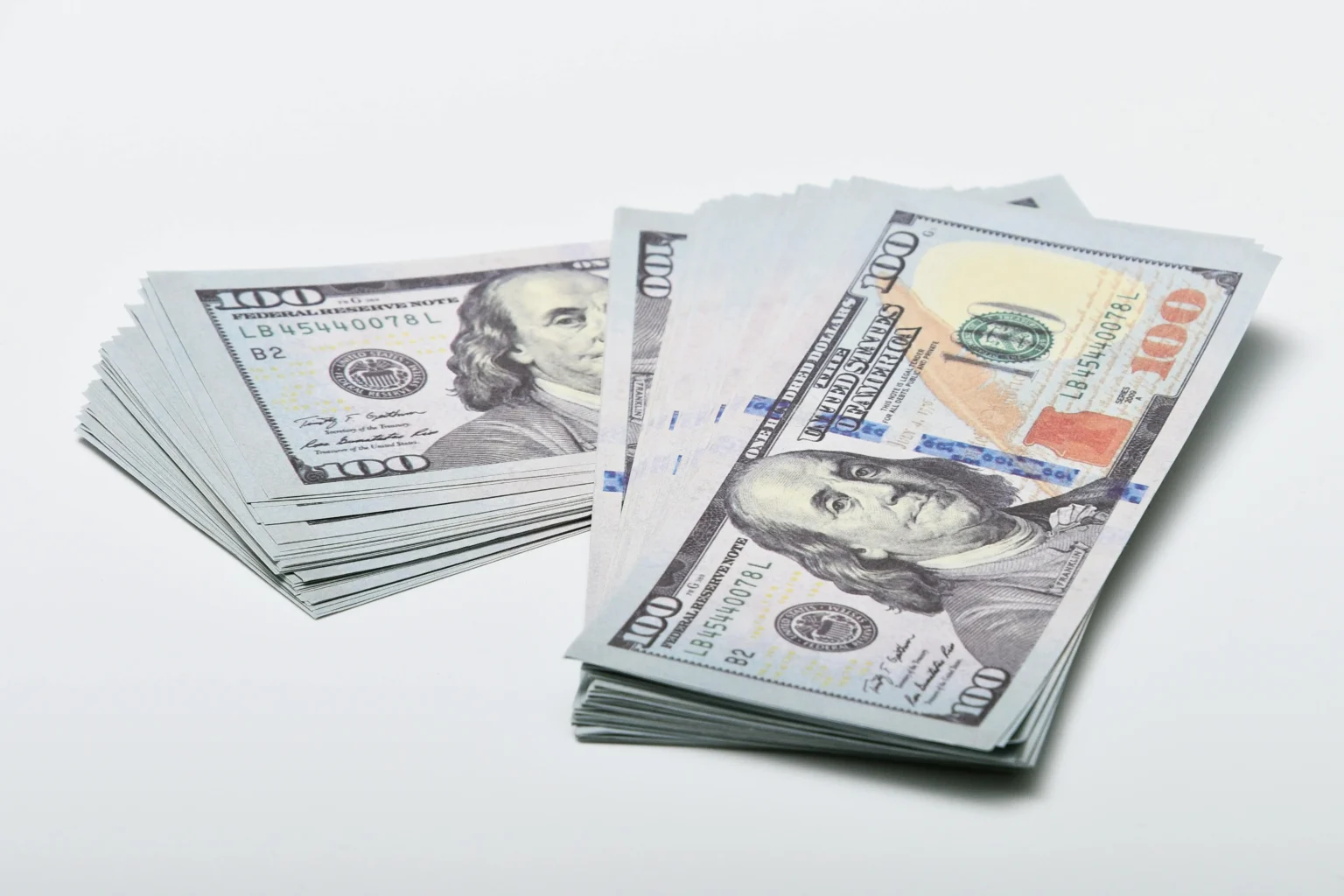Introduction
In the globalised world of today, international trade is what keeps the wheels of an economy spinning. They exchange goods and services with others to obtain what they do not have or more of something they need. But buried deep in this trade is an integral part which often goes unnoticed, that is, the exchange of currency. Without the ability to exchange currency, global trade would not exist. In this post, we will explore the reasons why international commerce demands an organized currency-exchange system and take a look at some of the principal processes that enable the flow to work seamlessly.
What Is International Trade?
International trade is the exchange of goods, services, and capital between countries. This type of trade is important for growth because it leads to can specialisation, countries are likely able to produce at least one product more efficiently and then can swap these products with other countries in order for both parties will be better off.
There are two primary types of international trade:
- Exporting: Selling domestically produced goods to foreign markets.
- Importing: Purchasing goods from foreign markets for domestic consumption.
Main actors in international trade are, thus, businesses, governments, international organisations and financial institutions.
The Role of Currency in Trade
Trade is done globally by the nations in currencies that are always against the Dollar. As a standardised way of exchanging goods and services across borders. When commodities are traded among nations, each nation will use its national currency to bill for the trade of goods, but has to convert its revenues into the buying country’s money if it credits the outflows. This is when a system that exchanges money comes in handy.
How Currency Exchange Works
Currency Exchange Currency exchange is a process of converting one currency into another currency. So when a company in the US wants to purchase goods from another company located in Japan, they have no other choice but to exchange dollars for yen so that the Japanese company can get paid.
The exchange rate of one currency relative to another expresses how much one currency is worth in terms of another. Rates of exchange can also move for reasons including alterations in financial and cash flow circumstances and important qualifying criteria.
For instance, let us say that the USD increases against the euro. Then a US business can purchase the same amount of goods
Why Does International Trade Require a Currency Exchange System?
The Need for a Standard Medium of Exchange
Currency exchange systems offer a uniform intermediary for worldwide dealings. Without this system in place, trade for commodities would be nearly impossible on a trade basis and highly impractical for business.
Overcoming Geographical and Cultural Barriers
Different countries have different currencies, and trade would largely be limited if an unilateral system to change them did not exist. The conversion of currency affords the ease and flexibility required for international trade, which in turn leads to trading across boundaries and amongst distinct cultural settings — making it possible for companies to operate on an international scale.
Promoting Fairness in Transactions
Based on inequality, disadvantage and the exploitation by third-party would-be rentiers on one side of a transaction a currency exchange system is needed to make sure that both the parties to any transaction are treated fairly. IRDs are adjusted by exchange rates which represent the relative value of currencies, so these rates will allow businesses to avoid overpaying or being underpaid in cross-border transactions.
The Impact of Exchange Rates
The exchange rate is a main determinant of the international trade dynamics. Selling exports cheaper What a good exchange rate does is make it cheaper to buy our goods, so we sell more. Alternatively, an adverse exchange rate can inflate the cost of imports and hence affect firms cost structure.
For example, if the euro weakens versus the US dollar, it would make American goods cheaper for European consumers, which will in turn lead to more demand of US exports. If the euro appreciates relative to the dollar, on the other hand, European goods become less competitive for American customers who buy fewer European exports.
It all works to flow even the most manipulated real economy into an equilibrium, since central banks closely monitor exchange rates and end up intervening in currency markets to push and pull national currencies one way or another.
The Challenges of Currency Exchange
Exchange of currency is not as easy as it sounds. The latter one is obviously for exceeding at the cost of a great comfort, but then it too has its own set of local vendorsOne of the single biggest challenges is in currency and thereby price instability in international trade. If a business agrees to a deal on an exchange rate, and then the rate moves before the funds are sent, this might include hidden expenses or lost income.
Exchange rates are also influenced by political factors and economic measurements. A country that has recently been hit by a severe government policy shift, economic sanctions or other financial crisis will often suddenly be faced with an unstable currency in trade internationally.
The Role of Financial Institutions in Currency Exchange
Currency exchange is conducted mainly through banks, exchange brokers, and other financial institutions. As middlemen, they help businesses access currency markets and offer products such as forward contracts to hedge risks.
Exchange rates are also set by financial institutions, on the demand and supply in the market, which influence the cost at which a currency is trading.
Global Currency Markets
Forex (Foreign exchange) is the market in which one currency is exchanged for another. It is the biggest financial market in terms of daily trading, with more than $6 trillion worth of currencies traded every day. US American US Dollar, EUR Euro (European Union), JPY Japanese Yen (Japan), GBP British Pound/ UK Pound (United Kingdom) – These are the five major global currencies exchange currency trading.
Excchange trades are possible during the whole day, 24/5 in the Forex market which allows business to exchange their currency at a competitive rates.
Case Study: The USD as a Dominant Currency in Global Trade
The USD has been a long time king in international trade. Much of the world uses dollars for international trade, and many countries hold US dollars in their foreign exchange reserves. It is its wallet and the power in global financial markets that explain this dominance.
The USD’s reserve currency status makes global trade more stable, as it is a store of value businesses the world over can rely on.
Currency Risks in International Trade
Currency exchange risks are just one risk that all international traders need to deal with. The fluctuation of exchange rates may cause your company significant financial loss. These risks can be hedged against by businesses through financial instruments, such as forward contracts, options, and swaps.
Companies can protect themselves from currency risk and plan their cost with much less uncertainty by fixing the exchange rate months in advance.
The Future of Currency Exchange in International Trade
Technological Advances Are Shaping The Future Of Currency Exchange In International Trade This section looks at the emerging digital currencies — such as Bitcoin and Central Bank Digital Currencies (CBDCs)— that may provide an alternative to traditional currencies for cross-border transactions.
And also by the effectiveness of blockchain in aiding money-exchanges (lower cost transfers overseas) across borders to reduce costs and improve transparency in international trading with big potential savings.
The Role of Currency Exchange in Global Supply Chains
Currency exchange is key to a global supply chain. If you source your goods from different countries, it will require you to handle several currencies to be able to move the goods and services across the borders without problems. The currency exchange systems make this possible, they allow companies to settle transactions in as many currencies as there can be, for the efficient operation of supply chains.
Conclusion
International trade is central to the world economy and currency exchange is extremely important. A Good Fair Currency Exchange System | The backbone of global trade transactions is based on currency exchange. Although the growing tech revolution has brought much change to many sectors, its role in international trade remains just as vital.









